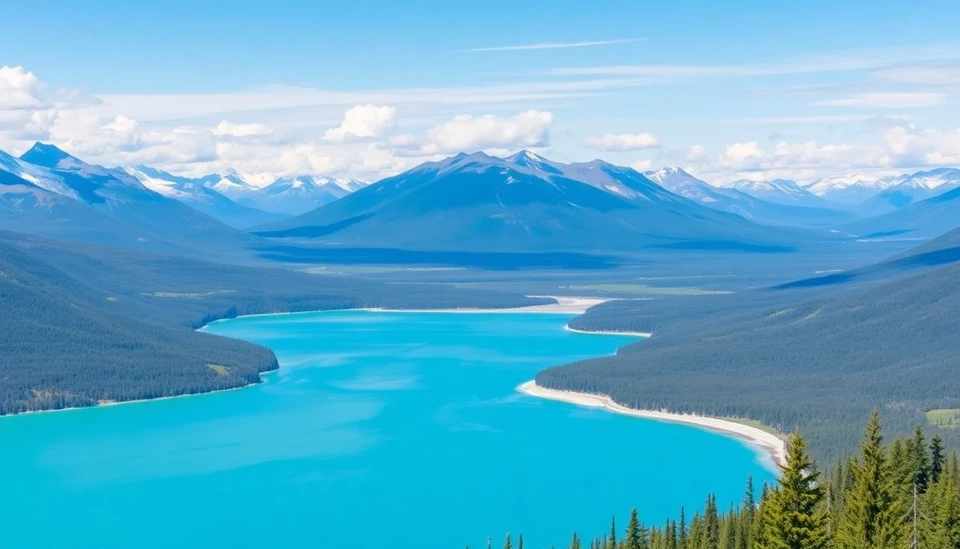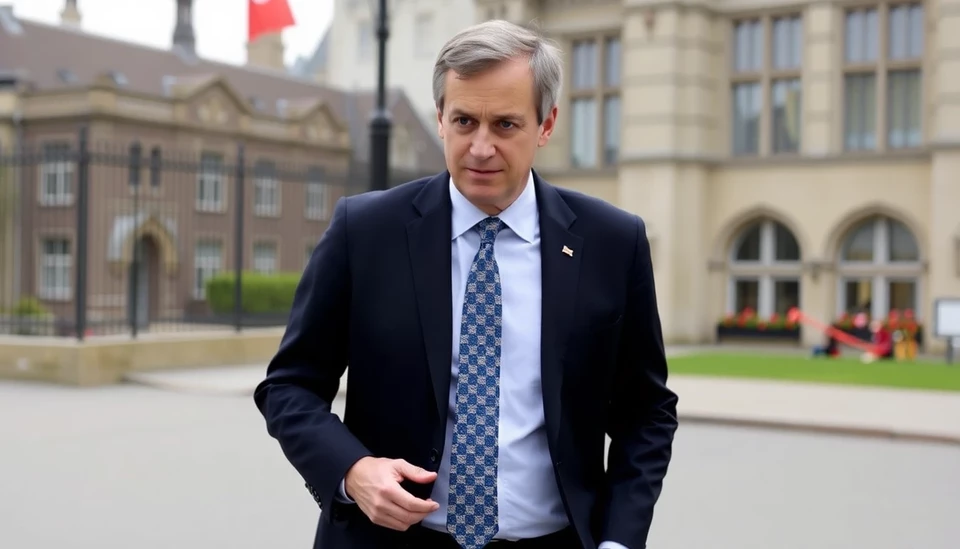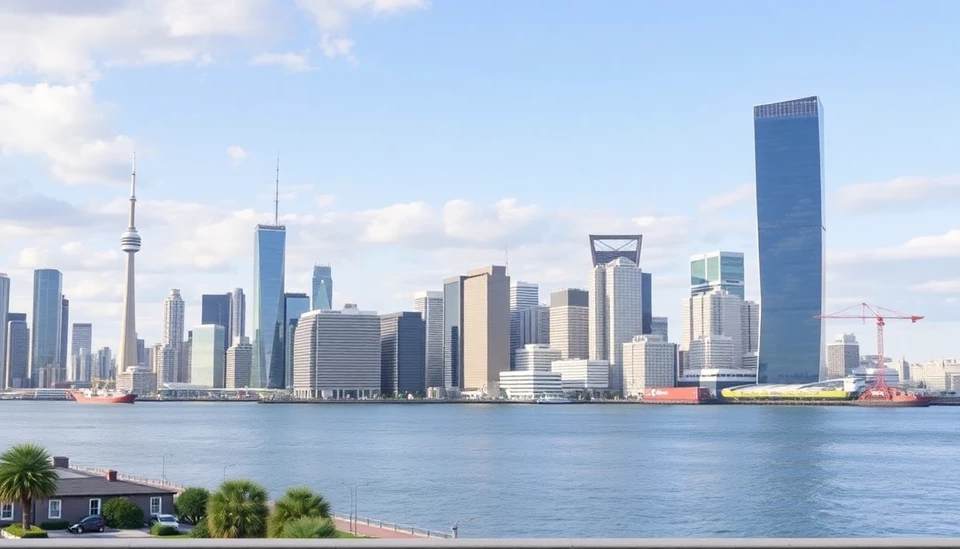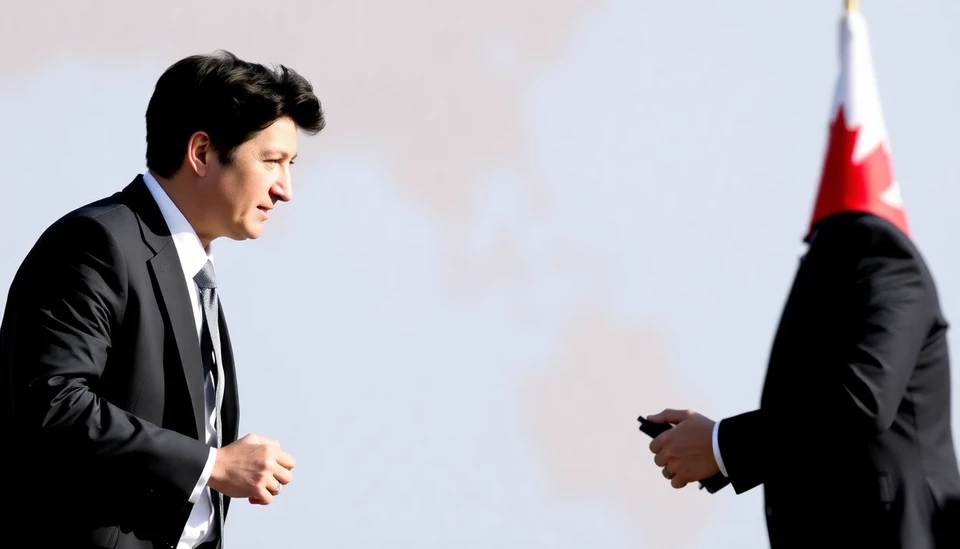
As Canada prepares for a new electoral cycle, Prime Minister Justin Trudeau's climate policies have become a pivotal point of discussion. With the goal of transitioning the country towards greener energy sources while juggling economic growth and international commitments, Trudeau’s administration presents a complex approach to climate change that has garnered both support and criticism.
During his tenure, Trudeau has made significant strides in implementing climate initiatives, including a national carbon pricing system aimed at reducing greenhouse gas emissions. This policy, which mandates that businesses pay for their carbon output, is a cornerstone of his climate agenda. By establishing a price on carbon, the government hopes to incentivize companies to adopt cleaner technologies and practices, ultimately steering Canada towards its 2030 climate targets.
However, these ambitious goals present a dual challenge for Trudeau, who must navigate the political landscape shaped by various stakeholders, including the energy sector and provincial governors. Alberta and Saskatchewan, in particular, have resisted federal climate policies, arguing that such measures jeopardize their economies, which rely heavily on fossil fuel production. This friction underscores the necessity for Trudeau to find a balanced approach that satisfies both environmental advocates and economic interests.
Beyond carbon pricing, Trudeau's government has also embarked on several initiatives to bolster renewable energy infrastructure. Investments in wind and solar power, alongside commitments to phase out coal-fired power plants, are indicative of the government’s intentions to transition to a cleaner energy portfolio. However, the pace of these changes and the resources allocated to support them have raised concerns about their adequacy and effectiveness.
Internationally, Trudeau has positioned Canada as a leader in climate action, championing global cooperation on environmental issues. His administration's participation in the Paris Agreement and subsequent commitments to reduce emissions reflect this stance. Nevertheless, critics argue that despite these declarations, Canada’s actual emissions have not seen the significant decline needed to meet its obligations under the agreement, raising questions about the sincerity and impact of Canada’s climate efforts on the global stage.
As the Trudeau government focuses on the forthcoming elections, it faces the challenge of demonstrating tangible results from its climate policies while simultaneously addressing the economic uncertainties fueled by the global energy crisis. The ongoing transition to a low-carbon economy necessitates a concerted effort to ensure that job losses in traditional sectors are counterbalanced by gains in green industries, an aspect that could sway public sentiment ahead of the elections.
In conclusion, Trudeau’s climate legacy is a multifaceted narrative of ambition, resistance, and the challenge of balancing ecological responsibility with the economic realities of a diverse nation. As the Prime Minister seeks to solidify his position on climate action, the effectiveness of his policies in achieving long-term sustainability goals while alleviating economic concerns will undoubtedly be scrutinized. The evolution of this narrative could significantly affect not only Canada’s environmental policies but also its political landscape in the years to come.
#Trudeau #ClimateChange #Canada #GreenEnergy #CarbonPricing #SustainableFuture #RenewableEnergy #ParisAgreement #EnvironmentalPolicy #Elections2025
Author: Megan Clarke




